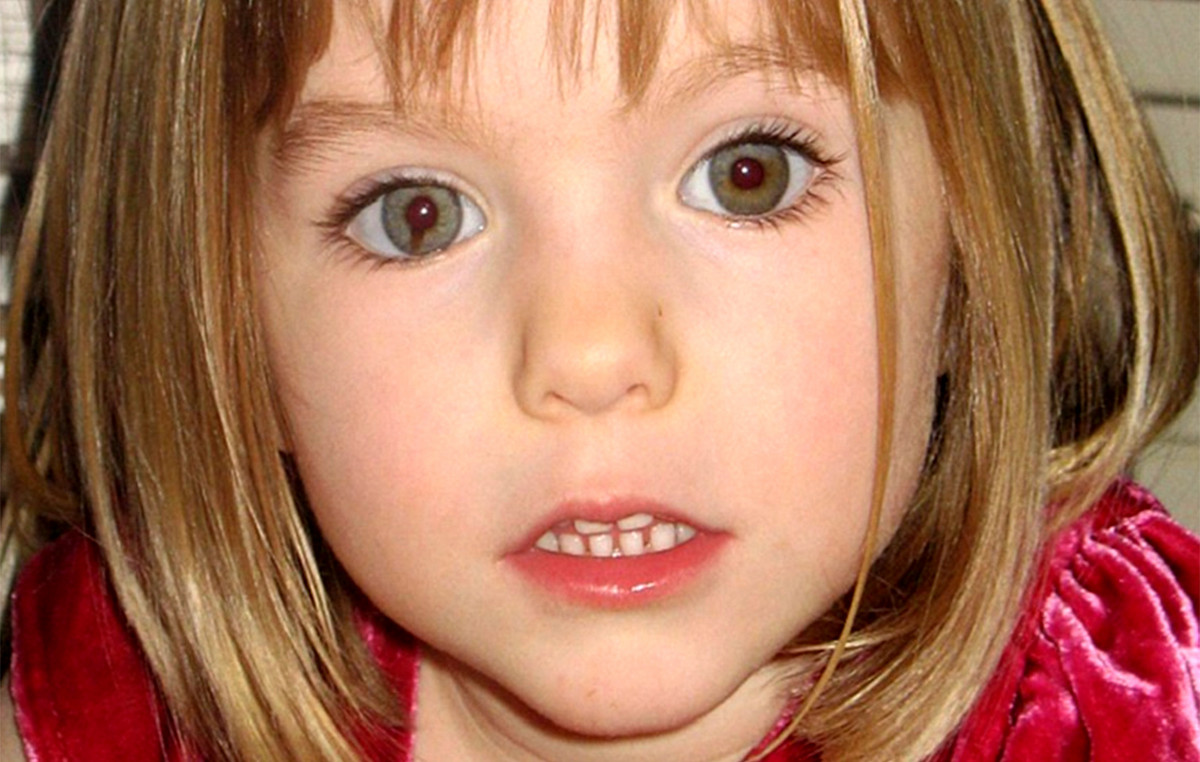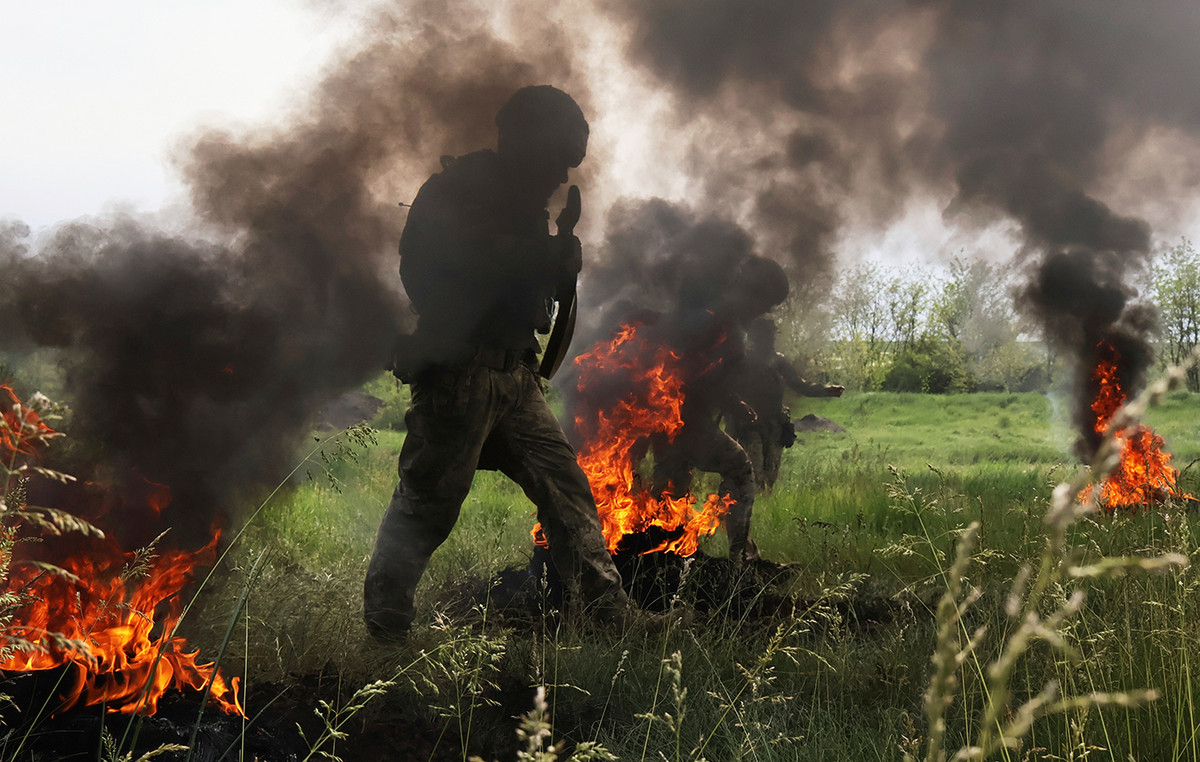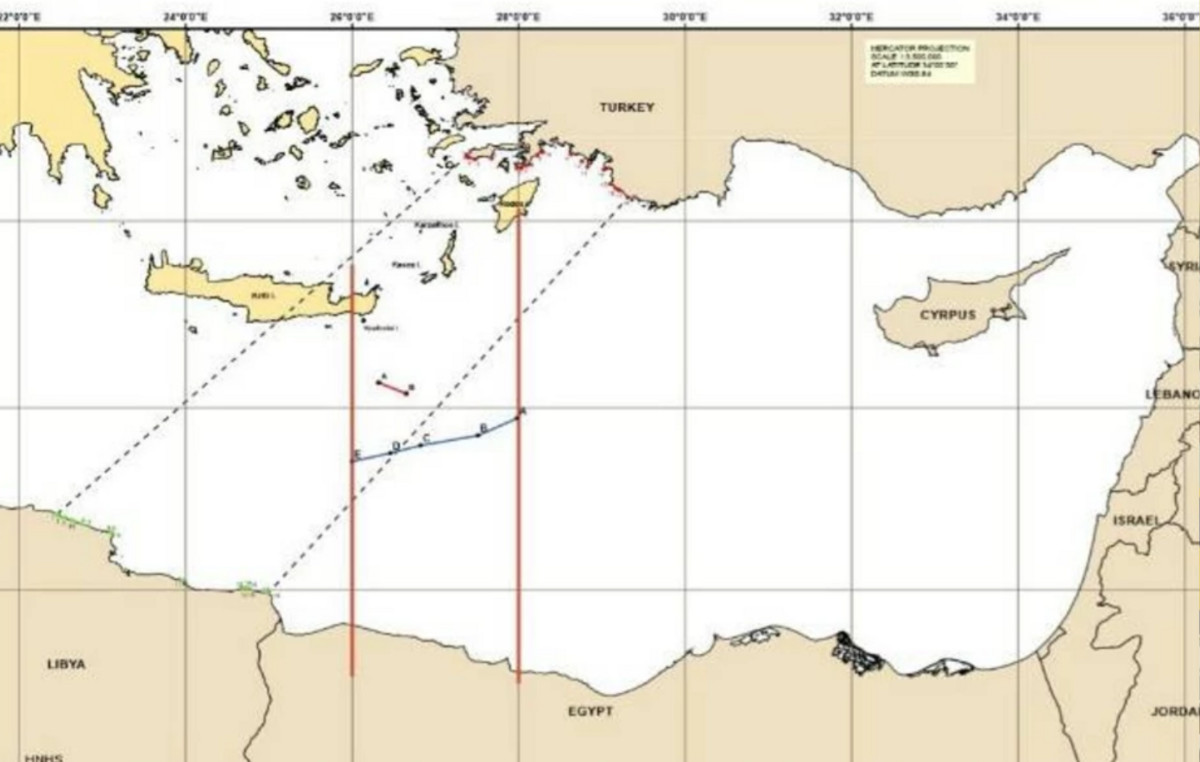Heavy rains hit the Gauze today causing new concerns to Palestiniansmany of whom are homeless and living in makeshift tents, after weeks Israeli bombings.
The start of the rainy season and the possibility of flooding raises fears that the densely populated enclave’s drainage system will be strained and disease spread.
At a United Nations shelter in Khan Younis, southern Gaza, the rain caused despair among the displaced people, who found their clothes soaked.
“We were living in a concrete house and now we are in a tent,” said Fayeza Shrur, who sought safety in the south after Israel launched its military operation in response to an October 7 attack by Hamas gunmen who stormed the southern Israel from Gaza. “Tarps, awning and timbers will not withstand any flood… People are sleeping on the floor, what are they going to do? Where will they go?’
Winter is rainy and cold in Gaza and the enclave is often hit by floods. Another displaced person from Gaza, Karim Mereis, said that the people in shelters are praying for the rain to stop. “These children, these women, these old people are praying to God that it doesn’t rain,” he said. “If this happens it will be very difficult and words will not be able to describe our suffering”.
The World Health Organization reported last week that Gaza faces the increasing risk of disease spreading, as Israeli shelling has caused problems in the health system, limiting access to clean water and driving people to crowd into shelters.
Today, he expressed concern over the prospect of the rain causing flooding, straining the already damaged drainage system. “We already have outbreaks of diarrheal diseases”WHO spokeswoman Margaret Harris said in Geneva.
According to her, more than 30,000 cases of diarrhea have been recorded in a period where the WHO would expect 2000 cases. “The damage to the infrastructure is so great. There is a shortage of clean water. People crowd all together. This is one more reason why we are begging for a truce now,” he pointed out.
For his part, Ahmed Bairam, a spokesman for the Norwegian Refugee Council, said the start of the rainy season could signal “the most difficult week in Gaza since the start of the (military) escalation”. “Heavy rainfall will mean delays in the movement of people and rescue teams,” he explained.
“It will become more difficult to rescue people trapped under the rubble or to bury the dead, all between the incessant shelling and a fuel shortage disaster.”
Source: News Beast
With 6 years of experience, I bring to the table captivating and informative writing in the world news category. My expertise covers a range of industries, including tourism, technology, forex and stocks. From brief social media posts to in-depth articles, I am dedicated to creating compelling content for various platforms.





